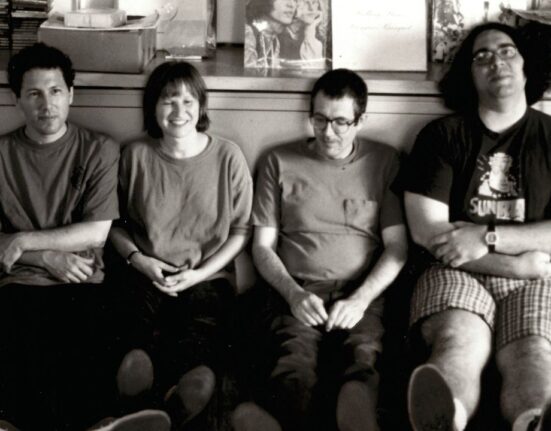-
Fintech wunderkind Charlie Javice must serve seven years in prison for conning JPMorgan Chase out of $175 million.
-
Some 300 bankers vetted the 2021 purchase of her startup, but it took a year to learn its 4 million users were fraudulent.
-
The judge said he took that into consideration, but ultimately decided “fraud remains a fraud.”
“Stupidity.”
“Very poor due diligence.”
“Someone who is a fool.”
On Monday, a Manhattan judge used all of these terms to describe the JPMorgan Chase bankers who fell victim to a fraud perpetrated by fintech entrepreneur Charlie Javice.
You don’t often hear a sentencing judge taunt a fraud victim like this — not that it mattered to his bottom line.
In sentencing Javice to seven years in prison and $287.5 million in restitution for using fake data to clinch the 2021 sale of her startup Frank, US District Court Judge Alvin K. Hellerstein said his job is “punishing her conduct and not JPMorgan’s stupidity.”
“Fraud remains a fraud,” Hellerstein explained, “whether you outsmart someone who is smart or someone who is a fool.”
During the sentencing, Javice’s lawyers had tried to convince Hellerstein that the bank’s status as a victim was not so cut-and-dried, and that $175 million was not a serious amount of money to lose for a bank worth nearly $4 trillion. “That’s nothing,” trial evidence had shown one bank executive scoffing about the sale price.
Still, the sentencing shows that even when the victim is a banking giant like JPMorgan — who the defense said should have known better — blaming the victim is little help.
“Whether you outsmart someone who is indifferent or someone who is careful, it’s the conduct,” the judge explained.
Read more about Charlie Javice
Back in 2021, some 300 in-house diligence officers had vetted JPMorgan’s decision to buy the then-28-year-old’s startup Frank, a platform that helped students fill out federal financial aid applications.
No one at the bank realized until a year after the merger closed that Javice’s claimed database of 4 million Frank users — college-ready young adults the bank hoped to pitch for credit cards and checking accounts — was a fiction.
-
Fintech wunderkind Charlie Javice must serve seven years in prison for conning JPMorgan Chase out of $175 million.
-
Some 300 bankers vetted the 2021 purchase of her startup, but it took a year to learn its 4 million users were fraudulent.
-
The judge said he took that into consideration, but ultimately decided “fraud remains a fraud.”
“Stupidity.”
“Very poor due diligence.”
“Someone who is a fool.”
On Monday, a Manhattan judge used all of these terms to describe the JPMorgan Chase bankers who fell victim to a fraud perpetrated by fintech entrepreneur Charlie Javice.
You don’t often hear a sentencing judge taunt a fraud victim like this — not that it mattered to his bottom line.
In sentencing Javice to seven years in prison and $287.5 million in restitution for using fake data to clinch the 2021 sale of her startup Frank, US District Court Judge Alvin K. Hellerstein said his job is “punishing her conduct and not JPMorgan’s stupidity.”
“Fraud remains a fraud,” Hellerstein explained, “whether you outsmart someone who is smart or someone who is a fool.”
During the sentencing, Javice’s lawyers had tried to convince Hellerstein that the bank’s status as a victim was not so cut-and-dried, and that $175 million was not a serious amount of money to lose for a bank worth nearly $4 trillion. “That’s nothing,” trial evidence had shown one bank executive scoffing about the sale price.
Still, the sentencing shows that even when the victim is a banking giant like JPMorgan — who the defense said should have known better — blaming the victim is little help.
“Whether you outsmart someone who is indifferent or someone who is careful, it’s the conduct,” the judge explained.
Read more about Charlie Javice
Back in 2021, some 300 in-house diligence officers had vetted JPMorgan’s decision to buy the then-28-year-old’s startup Frank, a platform that helped students fill out federal financial aid applications.
No one at the bank realized until a year after the merger closed that Javice’s claimed database of 4 million Frank users — college-ready young adults the bank hoped to pitch for credit cards and checking accounts — was a fiction.












Leave feedback about this